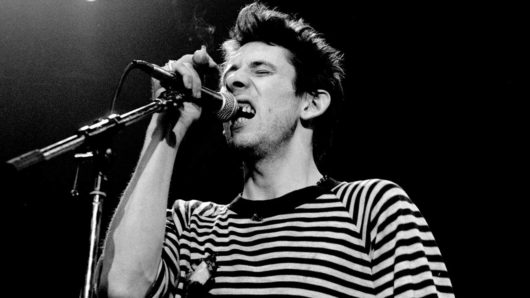The LGBTQ+ community has come along a long way since the partial decriminalisation of sexuality and identity in some countries first gathered wider pace in the 60s. While social acceptance has often followed, it has been nurtured through the campaigning spirit of pioneering LGBTQ+ artists who have championed the cause through their work. This diverse list of the best LGBTQ+ albums spans the decades and musical genres, but also offers an eclectic mix of mainstream – largely commercially successful – albums that have really moved the needle or have been adopted by the LGBTQ+ community…
Listen to the best Pride songs here, and check out the best LGBTQ+ albums, below.
Best LGBTQ+ Albums: 12 Essential Records That Have Championed The Cause
12: Cher: ‘Believe’ (2002)
Since her 60s breakthrough with her then partner Sonny Bono, Cher has always been adored by the gay community, who love her style, her ability to craft a catchy hit and, of course, that razor-sharp wit. During her 70s TV career, the glamour remained centre stage with those gorgeous Bob Mackie outfits, so, after flirting with disco at the end of that decade, her musical revival as an 80s rock goddess was something of a surprise. It worked well, however, until a rethink was required at the new millennium approached.
Cher’s UK label boss, Rob Dickens, suggested the artist record a collection of dance songs, and when Believe emerged at the end of 1998, it broke records as the biggest single of Cher’s long career, topping charts in more than 20 countries. Across the parent album’s nine other tracks, including a re-recording of her own 80s single We All Sleep Alone, the Eurodisco production kept things on beat. The soundtrack of the global gay club scene at the end of a pivotal decade, Believe remains one of the best LGBTQ+ albums of all time. It is the perfect example of an artist giving her fans exactly what they wanted.
Must hear: Believe




